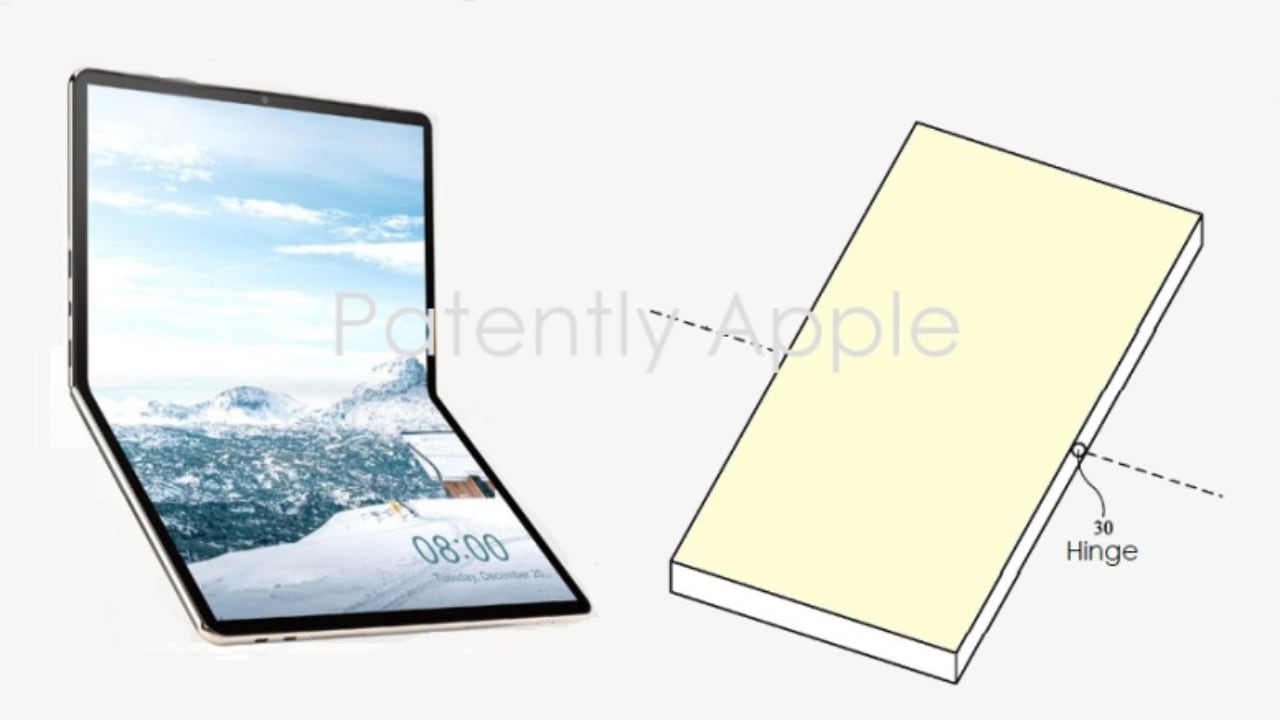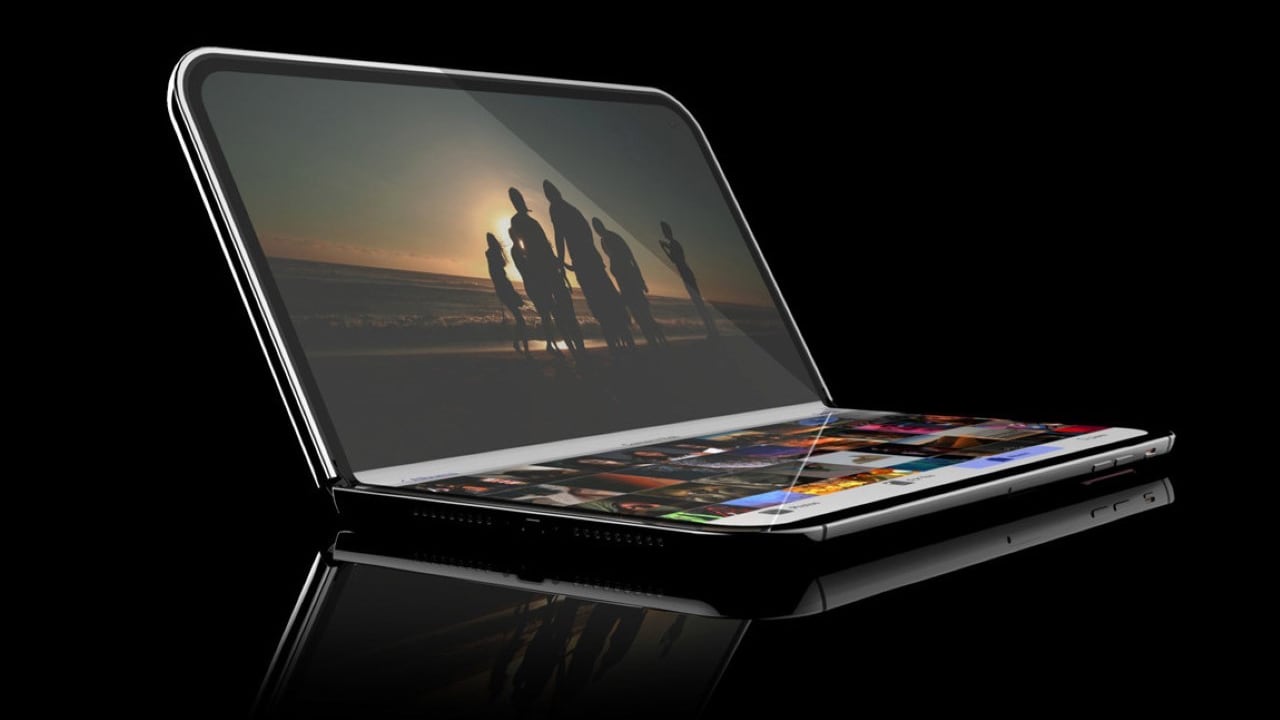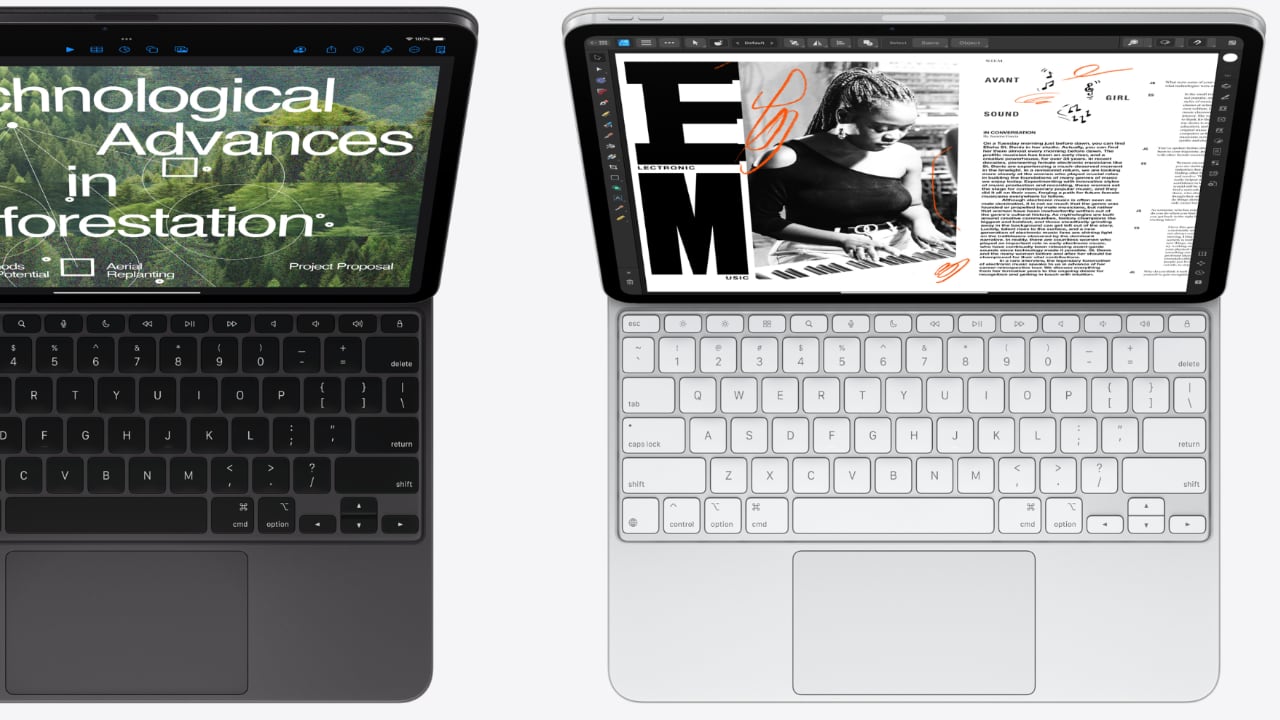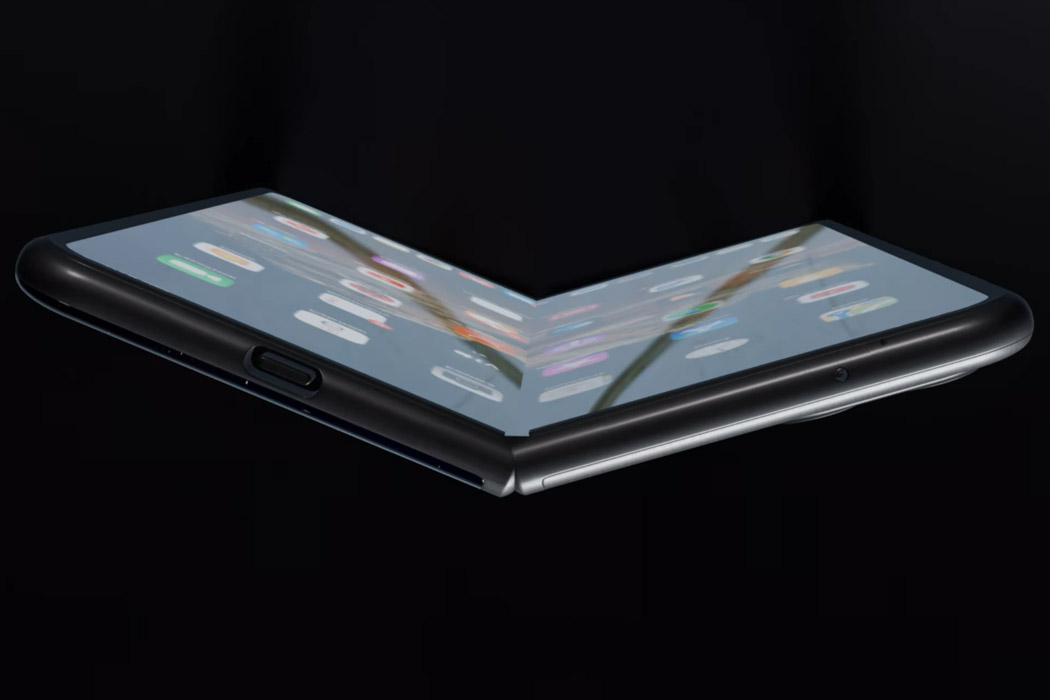
Rumors surrounding Apple’s potential foldable device, the Apple foldable Macbook, have stirred considerable excitement and speculation. The concept of a folding device, similar to a MacBook or an iPad with a foldable mid-section, promises to change the way we interact with technology. However, as details emerge, several questions and considerations arise.
Supply chain analyst Ming-Chi Kuo recently reported that Apple is preparing its supply chain for the production of a foldable device, possibly set for mass production as early as Q4 2025, with assembly in the first half of 2026. LG Display is the exclusive panel provider, with Apple considering 20.25-inch and 18.8-inch display options. When folded, these would correspond to the physical sizes of a 14-15 inch and 13-14 inch MacBook, respectively. The devices are expected to feature Apple’s M5 series chips and a high-specification design to ensure a crease-free display, which significantly increases production costs.

While the idea of a new form factor from Apple is thrilling, it brings several questions. One major concern is the typing experience. Will everything be typed directly on the display, and if so, will it incorporate localized haptics similar to those on the iPhone? This raises questions about the necessity of additional accessories, such as a physical keyboard, to enhance usability.

Moreover, most of us are just now accustomed to the near-perfect Magic Keyboard for the iPad Pro M4, and the introduction of a new foldable device could disrupt this familiarity, right? The foldable could essentially be an iPad with a larger screen that folds, but does this mean we are ready to transition to another device so soon? The potential benefits of the Apple Fold are immense, yet it necessitates careful consideration of user experience and practical application.
Although it is being referred to as the foldable MacBook, it’s worth noting that this might not be the final name. I speculate that Apple may “fold” this new product under the iPad line and call it the iPad Fold. This strategic move could create a new product line distinct from the MacBook, aligning more closely with the iPad’s existing user base and functionality.

The development of the Apple Fold isn’t happening in isolation. Apple is also reportedly working on foldable iPhones and iPads, indicating a broader strategy towards foldable technology. The challenges Apple faces include ensuring a seamless, crease-free display, a feat that companies like Samsung, HONOR, XIAOMI, and others are still striving to perfect.

As Apple ventures into the foldable space, it’s crucial to balance innovation with practicality. The anticipation for an Apple Fold, whether under the iPad or a new product line, is high, but so are the expectations. As always, Apple’s approach will likely focus on perfecting the user experience, even if it means navigating a complex landscape of new technology and user adaptation.
The post Apple Foldables Are Coming, But Do We Need Them? first appeared on Yanko Design.
0 Commentaires